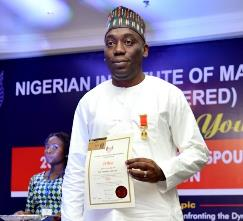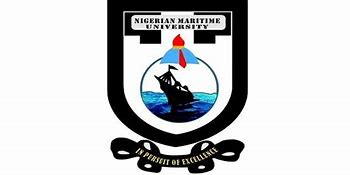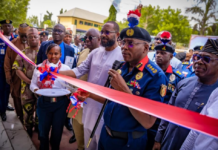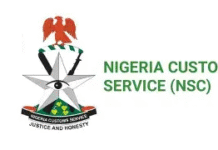Following the controversy that has trailed the appointment of three principal officers in Nigeria Maritime University (NMU), Okerenkoko, Delta State by its Governing Council, critics have called for the reversal of the appointments.
Maritime Bits checks revealed that more than three weeks after the appointment, the allegations of procedural breaches and ethnic bias are yet to ebb just as calls for its reversal have continued to gather momentum within and outside the university.
Those appointed were Dr. Paul Bebenimibo as Registrar, Abduldayan Fatimah Jibril as University Librarian, and Gbe Tamaraudebaemi Justin as Bursar.
Not a few stakeholders have insisted that the process that led to the appointment of the principal officers of the university was at variance with provisions of the federal character principles and university recruitment standards.
Maritime Bits had reported that the appointments were made during NMU 21st Governing Council meeting held on April 15, 2025, in Warri, with an eight-member selection panel led by Mr. Abdullahi Nedanda Bardi, the Pro-Chancellor and Chairman of the Governing Council. Other members included Engr. (Prof.) Emmanuel Adigio, Hon. Benedict Aguele, Mr. Freeman Kasa, Professor Chris Orubu, Professor Bariweni Perekibina, Mr. Anthony Dirisu, and Mrs. Helen Wang who represented the Federal Ministry of Education (FME).
It was alleged by those familiar with the process that Wang compromised her role and failed to uphold the integrity expected of her as a representative of FME, Abuja.
According to them, the appointments did not reflect the equitable representation mandated by the Federal Character Commission (FCC) which among other statutory roles and responsibilities upholds Nigeria’s federal character policy and were instead driven by ethnic favoritism.
They also pointed to the fact that the appointment of Bebenimibo, an academic and former Head of Department at Delta State University, Abraka to the non-academic role of registrar—traditionally reserved for seasoned university administrators who have attained the rank of Principal Assistant Registrar or higher is flawed.
An advocacy group “Let The Right Thing Be Done Advocates” described the process as a “mockery of due process,” blaming the selection panel for what they termed a “shoddy job.”
Continuing, it said: “How does a lecturer become Registrar in a federal university without fulfilling the administrative criteria? This is not just unprofessional. It is an aberration. The selection committee failed its duty and Mrs. Wang who should have upheld the Federal Ministry of Education’s position on transparency and merit was unfortunately compromised. This betrayal casts a long shadow on the process.”
In response, NMU Pro-Chancellor maintained that due process was followed and the appointments were in line with NMU’s statutes.
Bardi dismissed the criticisms as politically motivated and aimed at discrediting the council’s work.
However, the uproar has raised serious questions about the credibility of the appointment process and the role of regulatory oversight within Nigeria’s higher education sector.
NMU which was founded in 2015 to promote maritime education and Nigeria’s strategic participation in global maritime trade now finds itself at the center of a governance scandal that threatens to undermine its institutional integrity.
In order to engender public trust which is presently at the lowest ebb, stakeholders are calling for a full investigation into the appointments, particularly the conduct of the selection panel and the FME’s representative.
They averred that this was the only way to restore public confidence in NMU leadership in the years ahead as well as fulfill the primary reason why it was established by the Federal Government during the administration of Dr. Goodluck Jonathan.











